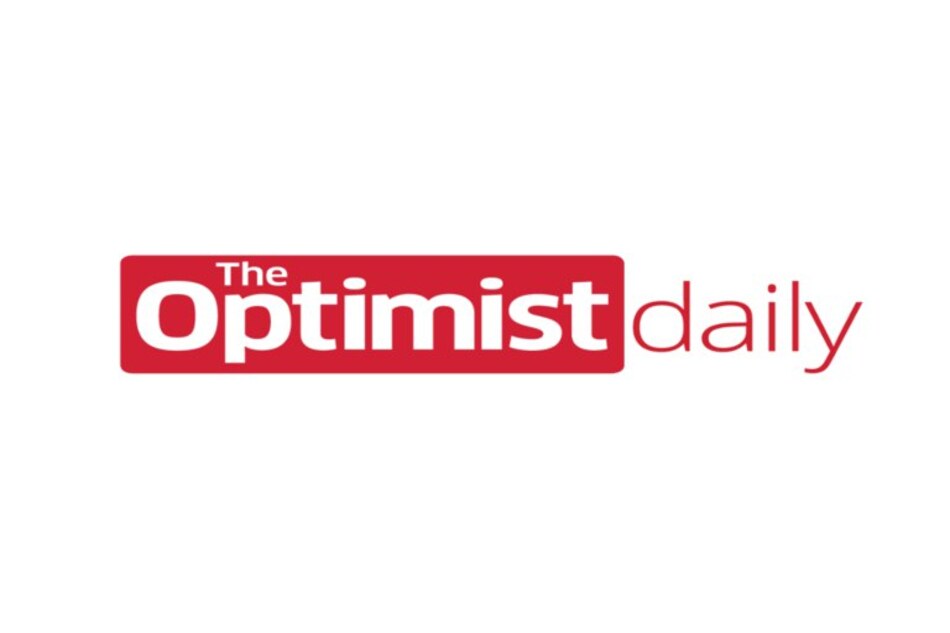In early 2019, we published a story about Stockton mayor Michael Tubbs, who implemented a guaranteed income program in his city to help residents meet their basic needs. We have been closely following the program ever since, with the preliminary results from October showing that the 125 recipients of the unconditional $500-a-month payment were experiencing a higher quality of life.
The direct cash payments to citizens have allowed them to adapt better to the changing needs and new crises that modern workers face, something that federal one-size-fits-all government welfare programs haven’t been able to achieve. As of October, Stockton recipients spent 40 percent of the money on food and 12 percent on utilities. In short, the money is being used to help people get by.
Now, in the midst of an economic crisis caused by Covid-19, Stockton’s guaranteed income program is getting attention as more than 17 mayors have joined a coalition created by Tubbs, which is called Mayors for a Guaranteed Income. That list of mayors includes prominent names such as Los Angeles’s Eric Garcetti, Atlanta’s Keisha Lance Bottoms, Seattle’s Jenny Durkan, Oakland’s Libby Schaaf, Newark, New Jersey’s Ras Baraka, and Jackson, Mississippi’s Chokwe Antar Lumumba. All are Democrats (as are most large-city mayors), but Tubbs says the group will become bipartisan “soon.”
The effort has also drawn attention from Silicon Valley philanthropy — Twitter and Square CEO Jack Dorsey donated $3 million to the group as a launch gift. The group’s purpose is both to advocate for guaranteed income as an idea and to support pilot programs of the idea in the cities of member mayors. Those pilots take up the bulk of the group’s budget and could provide valuable new evidence on the effects of cash transfers as well as build public awareness of the idea.
Schaaf of Oakland says she’s already talking with a “major national funder” about launching a pilot in her city.
“What excites me about universal income is that … it will intersect with victims of structural racism,” Schaaf told online magazine Vox.
Just to be clear, “Guaranteed income” isn’t quite the same as another concept that has caught on in recent years: “universal basic income” (UBI), the idea that tech leaders and 2020 presidential contender Andrew Yang have popularized. UBI typically involves proposals that offer enough money for a basic subsistence living (like $1,000 per month, as in Yang’s plan) to every American (or at least every adult American), regardless of their other income.
Guaranteed income encompasses ideas like UBI but can also be meant to include more limited proposals that provide cash to a large number of people but not everyone, or providing enough to escape poverty without other income. In other words, such a program might not be “universal”.
Still, it represents a major step in creating a real social safety net for Americans in these trying times.











